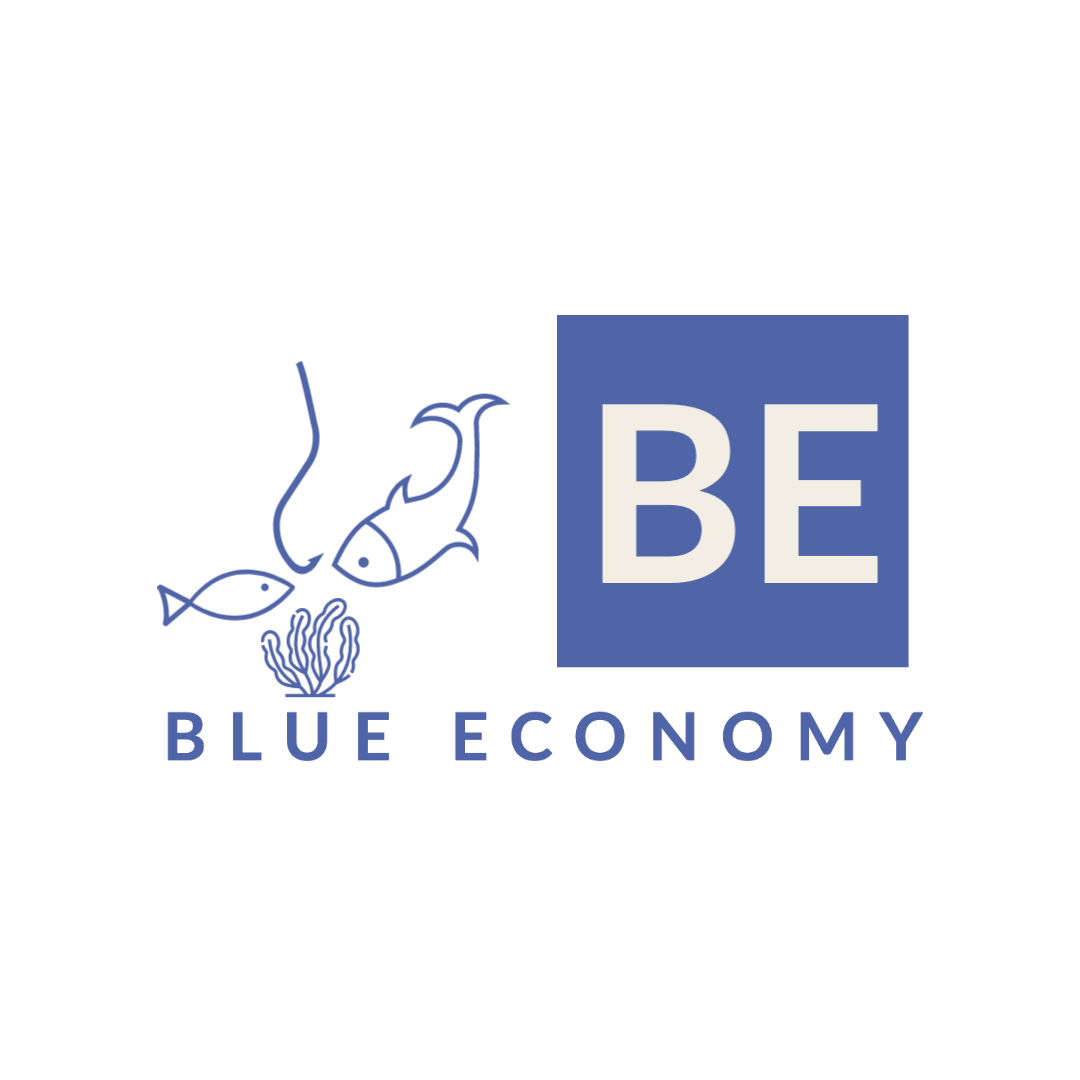Authors: Gillian Faith Achieng, Joel Onyango
As a comprehensive and sustainable strategy for maximizing the potential of oceans and marine resources, the blue economy has gained a lot of support in recent years. The core of this economic paradigm is centered around inclusivity, which prioritizes the ethical utilization of marine ecosystems for the advantage of all parties involved, ranging from coastal communities to worldwide companies. A sustainable blue economy not only places environmental preservation as a top priority but also seeks to empower underprivileged areas, promoting social fairness and economic durability.
The global economy depends heavily on the fishing industry, which supports millions of people and is a vital source of protein for communities all over the world. Nevertheless, over-exploitation, environmental degradation, and social inequality have frequently resulted from the conventional approach to fisheries. Adopting an inclusive blue economy approach in the fisheries sector is crucial for promoting sustainability, safeguarding marine ecosystems, and securing the welfare of fishing communities. Fisherwomen are an important but frequently disregarded group within the global fishing industry, fulfilling vital functions in gathering, processing, and marketing. Acknowledging the crucial role of women in the fisheries sector and embracing the concepts of a comprehensive blue economy are vital measures to promote gender equality, empower communities, and establish sustainable practices in the industry.
Coastal communities, who frequently rely on marine resources, can be empowered through inclusivity in the fisheries industry. This entails equipping these communities with the necessary tools, expertise, and resources to partake in sustainable fishing methods. Inclusive policies guarantee that excluded groups, such as women and indigenous people, have equitable access to opportunities in the fisheries sector, promoting social fairness and economic stability. Gender obstacles that have previously prevented fisherwomen from participating in many elements of the fisheries value chain are broken down when they are granted equal opportunity and access to resources in an inclusive blue economy. Empowering fisherwomen entails equipping them with training, education, and technological resources, enabling them to improve their abilities, make well-informed choices, and contribute more efficiently to promoting sustainable fishing methods. By recognizing women's crucial contribution to fisheries, an inclusive approach guarantees their active involvement in decision-making processes, thereby promoting an equitable allocation of benefits and resources.
Fisherwomen benefit greatly from sustainable fishing practices implemented within an inclusive blue economy. These measures, such as adopting quotas, size restrictions, and community-driven management, enhance the sustainability of marine ecosystems and fisheries resources in the long run. As primary stakeholders, Fisherwomen derive advantages from the conservation of fish populations, which ensures the sustainability of their means of living and the welfare of their communities. Inclusive policies also consider the distinct requirements and difficulties women encounter in the industry. These policies tackle matters like credit accessibility, market prospects, and social security, thereby guaranteeing that the advantages of sustainable fishing are distributed fairly and comprehensively.
Furthermore, an inclusive blue economy facilitates the expansion of fisherwomen's roles beyond traditional fishing. Efforts supporting alternate revenue-earning methods, such as aquaculture, seafood processing, and community-based tourism, empower women by giving them chances to pursue economic independence. An inclusive blue economy acknowledges and appreciates fisherwomen's diverse and valuable contributions. This improves their standing within the fisheries industry and strengthens the long-term resilience and sustainability of coastal communities. In essence, the empowerment of fisherwomen is not solely an issue of achieving gender equality but rather a crucial necessity for attaining a genuinely sustainable and inclusive blue economy.
To establish a precedent in the domain of blue economy for fisherwomen, a comprehensive and calculated strategy encompassing a range of facets within the fisheries sector is necessary. The African Centre for Technology Studies (ACTS) is presently engaged in the Blue Empowerment initiative, which aims to promote and enforce policies that give precedence to gender equality and inclusiveness in the administration of fisheries. This will ensure women fishermen have a voice in local, regional, and national decision-making processes. As an organization, we are implementing initiatives that focus on the capacity building and education of fisherwomen. To augment their capabilities and decision-making processes, we also provide training programs encompassing sustainable fishing practices, resource management, and technology utilization. Furthermore, the organization facilitates access to networks and markets for women-led entrepreneurial ventures operating within the fisheries value chain, including seaweed cultivation and processing. Also, it provides support for the development of these enterprises.
In summary, adopting an inclusive blue economy in fisheries is essential to the well-being of our oceans and the people who rely on them, not simply a matter of choice. The fisheries sector can transform into a model of inclusivity by prioritizing sustainability, empowering coastal communities, responsibly incorporating technology, advocating for community-based management, and ensuring social responsibility in seafood supply chains. This approach will balance economic interests and environmental and social concerns. Adopting this revolutionary strategy is crucial for ensuring global fisheries' long-term viability and sustainability.
Further reading
